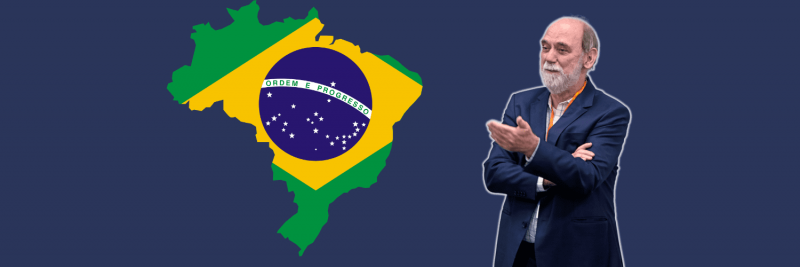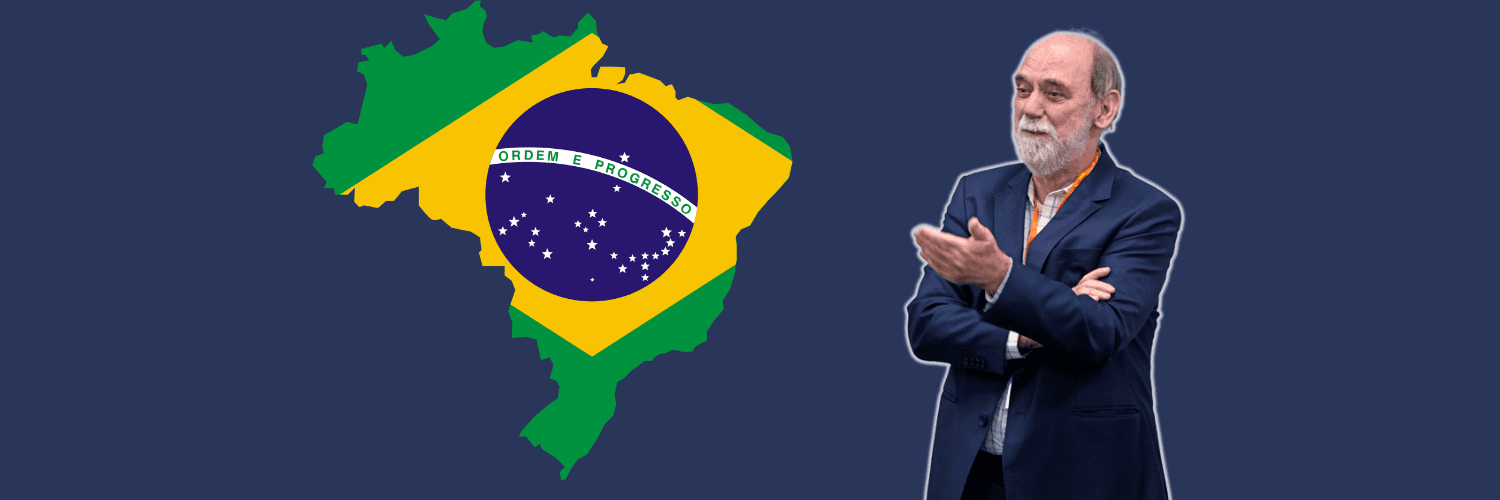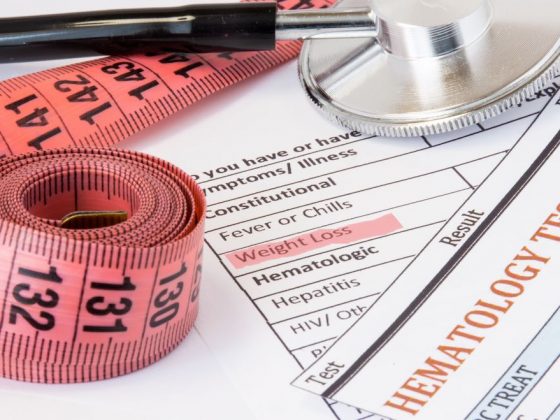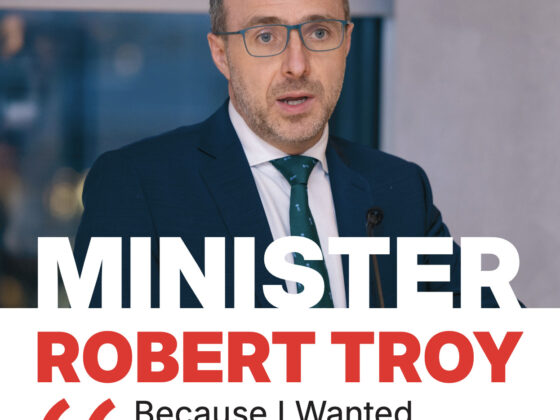Roberto de Almeida Gil is known for his easy smile. But the new director-general of Brazil’s National Cancer Institute (INCA) also has firm convictions and more than four decades of experience in oncology. He is clear that INCA – the Brazilian Ministry of Health’s section for cancer prevention and control policies – has an important responsibility to bring change during his tenure.
“We want to exercise this role in a very assertive way,” he says.
Gil began his career at INCA, where he completed his fellowship in oncology in 1981 before heading the Clinical Oncology Service and coordinating the medical residency programme in clinical oncology. He was president of the Brazilian Society of Clinical Oncology between 2003 and 2005. Now he takes on his new role determined to improve public awareness of cancer symptoms and prioritise prevention and early diagnosis.
The prevention strategy makes perfect sense in a country of continental dimensions, where around 80% of its more than 200 million people depend exclusively on the Unified Health System (SUS). Even more so considering that, with the ageing population, the cancer burden is already a cause for concern.
“We need to invert the line of care,” says Gil. “It is not possible to think only about the treatment of the disease, but we need to think mainly about prevention and early diagnosis.” The World Health Organization estimates that six million premature deaths could be avoided with awareness, planning and control.
As an example he cites lung cancer, which is no longer the leading cause of cancer mortality in Brazil. This is not only because treatment has advanced, but because of the emphasis on smoking control. “Worldwide, we’ve also managed to reduce mortality from cervical cancer, not because we incorporate medications into advanced disease, but because we focus on preventing a disease that is preventable.”
The same logic applies, he says, to the prevention of hepatocellular carcinoma of the liver, by using vaccines against hepatitis B and C and obesity control policies.
“If you manage to carry out prevention programmes and intervene in initial phases, you can reduce both the incidence and mortality. This must come together with screening, with early diagnosis, with timely and increasingly effective treatment.
“It is a care chain, but whenever we can act to prevent the disease or intervene in the earlier stages of cancer, we will be more effective and more rational in the allocation of resources. The rule is to prevent what is preventable.”
Gil’s ambitions extend beyond Brazil’s national boundaries. He wants to build on a long tradition of health cooperation between Brazil and African countries to reduce their cancer burden. INCA has a programme dedicated to Portuguese-speaking countries in Africa, currently focused on advancing early detection, diagnostic confirmation and treatment of cancer at the Angolan Institute for Cancer Control (IACC). IACC has progressively expanded its service capacity, jumping from 770 patients treated in 2012 to 1,165 patients in 2021.
“It is very rewarding to see how we can contribute to increasing prevention and coverage of cancer care in these countries,” says Gil. INCA has just received a new group of over 25 Angolan health professionals – clinical oncologists, oncological surgeons and radio-oncologists and other cancer multidisciplinary team members – for training in Rio de Janeiro.
They will stay for up to three years, depending on the course. The expectation is to train 50 professionals by 2025. As well as building human resources, the Brazilian cooperation programme aims to strengthen institutional capacity in the Angolan health system.
Photo credit: INCA, National Cancer Institute of Brazil (Photographer: CARLOS LEITE)












